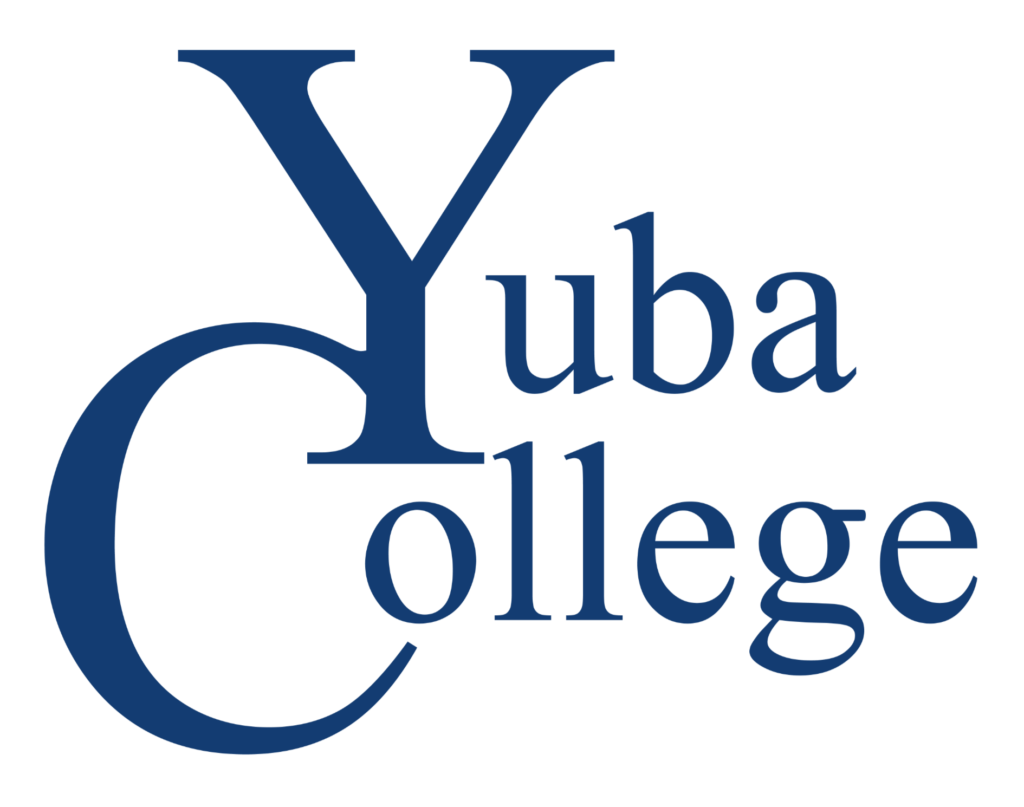Disabled Students
Programs and Services
Fall 2025 Office Schedule
MONDAY-THURSDAY 8:00 AM – 5:00 PM
FRIDAY 8:00 AM – 4:00 PM
Services Outside of Regular Business Hours are Available by Appointment as Needed
Marysville Campus, Building 1800
Zoom Virtual Office Available 9:00 AM – 3:00 PM Monday-Friday
Phone 530-741-6795 or Video Phone (for DHH) 530-455-5794
COUNSELING APPOINTMENTS: The DSPS Program offers both in-person and distance counseling appointments for current and prospective DSPS students. To schedule an appointment, please stop by our office or contact us via Zoom Virtual Office, DSPS Email, or phone. (In-person appointments can take place at the Marysville or Sutter campuses, as needed.)
Click here to find us on Facebook!
DSPS OVERVIEW
Welcome Video with Audio Description
General Information
Welcome to Disabled Students Programs and Services (DSPS) at Yuba College!
Disabled Students Programs and Services (DSPS) provides support services and academic accommodations to ensure access for students with disabilities consistent with the educational offerings and mission of Yuba College.
Legal Mandates
DSPS Services are guided by state and federal civil rights laws including the Americans with Disabilities Act of 1990( ADA) and Section 504 of the Rehabilitation Act of 1973. These legal mandates support the provision of reasonable academic accommodations for qualified students to have access to, and benefit from, the full range of educational programs and activities at Yuba College.
Your Rights
As a college student with a documented disability, you have the right to “reasonable accommodations based upon your educational limitations” under Title 5 of the California Education Code and Section 504 of the Rehabilitation Act of 1973. Provisions of the law state that “No otherwise qualified person with a disability in the Unites States shall, solely by reason of disability, be denied the benefits of, be excluded from participation in, or be subject to discrimination under any program or activity receiving federal financial assistance.”
Our Mission
The mission of Disabled Students Programs and Services (DSPS) is to promote and support access to classes, programs, and facilities at Yuba College, thereby offering students with disabilities the opportunity to participate fully in the mainstream educational experience. DSPS is committed to the establishment of a positive learning environment that is achieved, in part, through the provision of services and academic accommodations designed to meet the specific, individual needs of students with disabilities.
DSPS Policies and Procedures
DSPS-Policies-and-Procedures-October 2019 (4)
Types of Disabilities
We provide accommodations and services for individuals with the following disabilities:
- Acquired Brain Injury (ABI); Traumatic Brain Injury (TBI) – Deficit in brain function which results in a total or partial loss of cognitive, communicative, motor, psycho-social, and/or sensory perceptual abilities.
- Attention Deficit Disorder (ADD)/Attention Deficit Hyperactivity Disorder (ADHD)
- Autism Spectrum Disorder – Neurodevelopmental disorders described as persistent deficits which limit the student’s ability to access the educational process. Symptoms must have been present in the early developmental period and cause limitations in social, academic, occupational, or other important areas of functioning.
- Blind and Low Vision – Level of vision that limits the student’s ability to access the educational process.
- Deaf and Hard of Hearing (DHH) – Total or partial loss of hearing function.
- Intellectual Disability (ID) (Formerly identified as Developmentally Delayed, or DD)
- Learning Disability (LD) – A persistent condition of presumed neurological dysfunction which may result in other conditions. The dysfunction is not explained by lack of educational opportunity, lack of proficiency in the language of instruction, or other non-neurological factors. To be categorized as a student with a learning disability, as student must meet the following criteria through psycho-educational assessment verified by a qualified specialist certified to assess learning disabilities:
- Average to above-average intellectual ability; and
- Statistically significant processing deficit(s); and/or
- Statistically significant aptitude-achievement discrepancies.
- Mental Health Disability – Persistent psychological or psychiatric disability, or emotional or mental illness. (Anxiety, Depression, PTSD, Bipolar Disorder, etc.)
- Other Health Conditions and Disabilities (Includes all other health conditions and/or disabilities that affect a major life activity that are not otherwise defined above. Examples include, but are not limited to, cardiovascular disease, COPD, cancer, Lyme disease, asthma, epilepsy or other seizure disorders, chronic fatigue producing diseases, respiratory diseases, HIV-AIDS, Long-COVID, multiple chemical sensitivity, recovering drug or alcohol addiction, etc.)
- Physical Disability – A limitation in locomotion or motor function related to the body’s muscular-skeletal or nervous systems. (Walking, standing, sitting, range of motion, cardio-pulmonary functions, other physical functions of the body.)
- Temporary Disability (e.g., broken limps, complications from pregnancy, recovery from surgery, symptoms from treatment of disease, etc.
2088 North Beale Road, Building 1800
Marysville, CA 95901
Phone:530-741-6795
Video Phone:530-455-5794
Email: dspsinfo@yccd.edu

